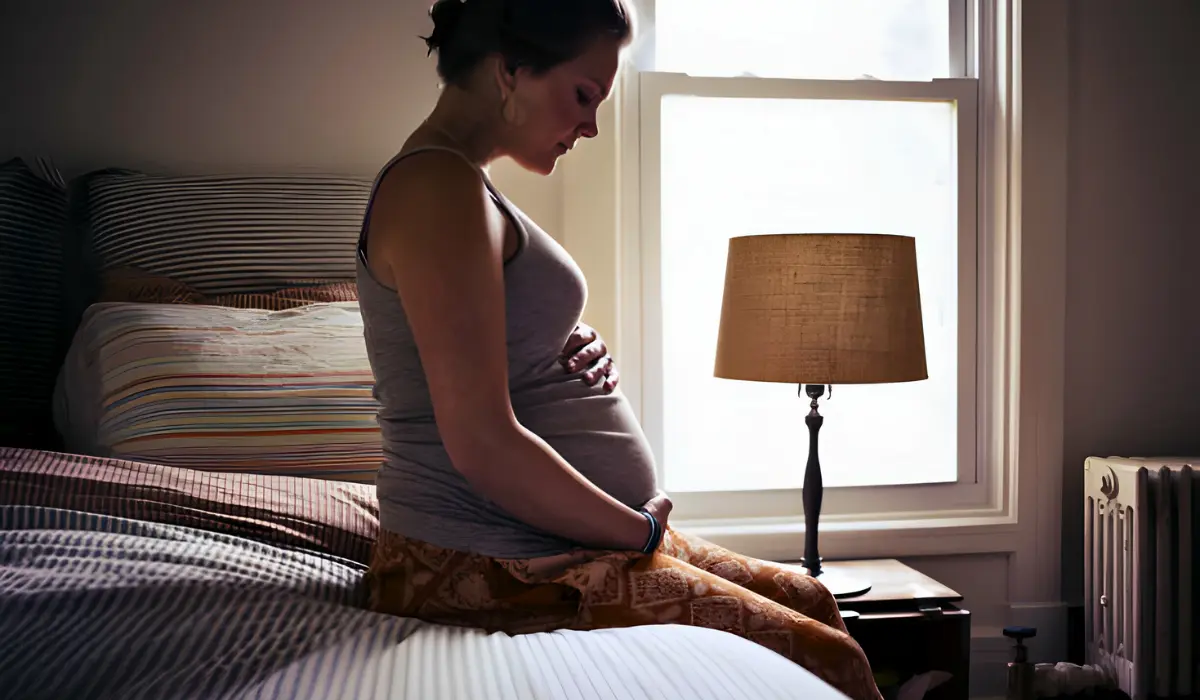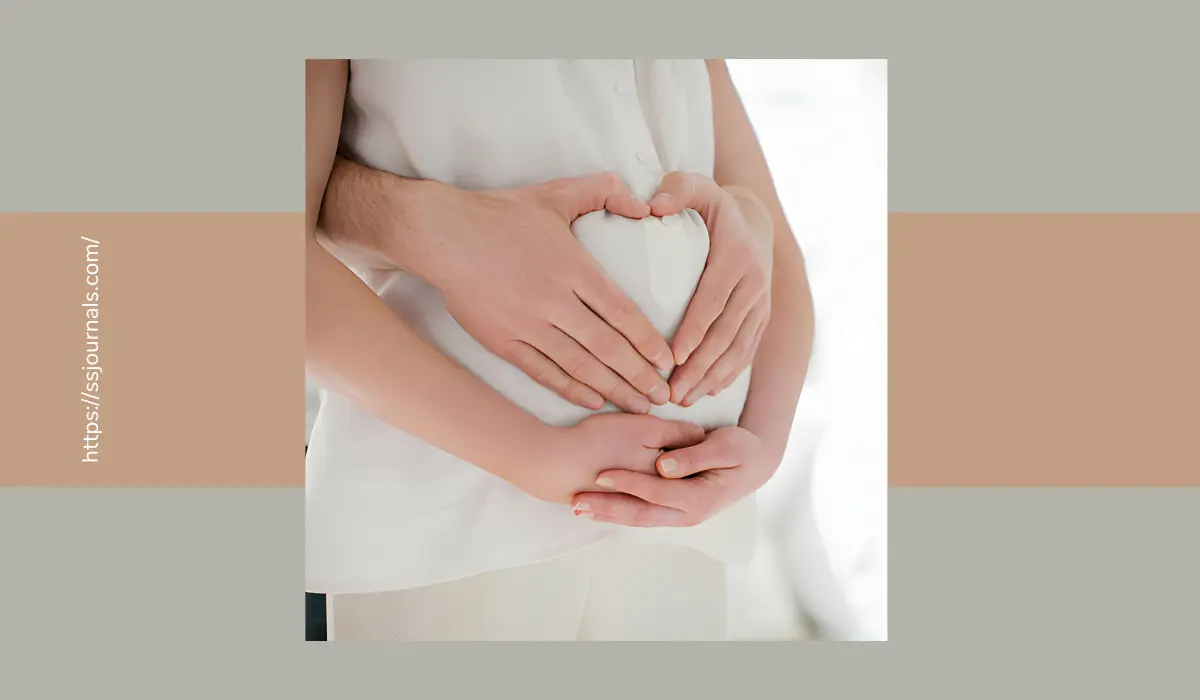You may have come across numerous discussions and articles highlighting the signs of low fertility. However, did you know that certain symptoms amongst women can be the signs of high fertility?
Fertility is a bit mysterious for many until they start trying to get pregnant. In such conditions, and even otherwise, it is essential to recognize the signs of high fertility in a woman. Not only does it ease the efforts of getting pregnant, but it can also save you from unwanted pregnancies. So, what would you look out for? Continue reading to recognize some of the major signs of high fertility.
What Are The Major Signs Of High Fertility In A Woman?
Some women can be highly fertile, and if you pay attention to your body, you can easily recognise if you are. Here are some of the signs of ques indicating that you are in your highly fertile phase:

- Consistent Menstrual Cycle: A woman with a consistent 28-day cycle is more likely to be ‘Fertile’ and has a high chance of conceiving easily. Although everyone’s menstrual cycle may have variations, which is entirely normal, the indications are favourable as long as the cycle is consistent. Consistency in the monthly cycle means a balance of estrogen and progesterone.
- Changes in Cervical Mucus: A fluid produced by the cervix, “Cervical Mucus”, changes during the menstrual cycle. During ovulation, the mucus becomes clearer, stretchier and slippery when the uterus creates the most favourable environment for successful fertilisation.
- Basal Body Temperature (BBT) Rise: BBT is the lowest natural body temperature during rest. However, ovulation can increase the Basal Body Temperature in many women, making them highly fertile. The slight temperature increase signals the egg’s release and can help pinpoint the fertile window. This estimation allows couples to choose the appropriate timing for intercourse if planning to conceive.
- Heightened Libido: The heightened sexual desire amongst women is one of the natural alarms from the body, indicating you may be at the most fertile phase of the month. The surge in estrogen that leads to ovulation can increase the libido, indicating that you have a regular ovulatory.
- Ovulation Pain/ Mittlschmerz: Mittlschmerz is commonly known as ovulation pain in some mid-pelvic region women. Although the pain may be discomforting, not all women experience it, and those who do are highly reproductive at that phase. The pain and discomfort usually occur due to the release of an egg from the ovary.
- Tender Breast: During the menstrual cycle, hormones change, increasing estrogen and progesterone levels. As a result, this may cause sensitivity and tenderness in the breasts, particularly on those days leading to ovulation. The breasts may become sore, achy, and overall heavy as a reassuring sign of fertility.
- Cervical Changes: In response to hormone fluctuations, the cervical undergoes changes. It becomes softer, higher and open to facilitate sperm passage during high fertility, indicating increased chances of conceiving. Observing these simple changes in texture and positioning of the cervical can help couples plan accordingly.
- Increased Energy and Well-Being: Generally, having high energy and overall good physical and mental health indicates the most fertile days. This surge in energy may align with the potential conception of the body. Women who come from a stable mental and physical backup and aren’t dealing with any health or other issues conceive easier.
- Heightened Sense of Smell: The changes in hormones (particularly estrogens) during the menstrual cycle impact olfactory sensitivity, thus leading to an increased sense of smell in women. However, only some notice that, and those who do are potentially going through a high fertile window of the month.
- Changes in Mood: Increased estrogen levels can influence mood, and some women may experience positive changes during high fertility. Mood changes may coincide with the fertility period linked to the natural reproductive process of the body.
- Shorter (and concise) Menstrual Cycle: Although it may be conflicting, women who experience shorter menstrual bleeding duration may have a different hormonal profile and increased fertility.
- Not So Heavy and Painful Periods: Women who don’t have very heavy or painful periods are more fertile than the rest. Science? Well, women who experience heavy periods may have fibroids that, by altering their uterus, can interfere with embryo implantation, thus making it complicated to get pregnant. Similarly, extremely painful periods (aka dysmenorrhea) signify the symptoms of endometriosis. It is a condition in which some tissues grow outside the uterus lining, causing pain and inflammation. Therefore, women who experience excessive pain during or right before their periods must see a gynaecologist.
Tips To Improve Fertility In Women
- Maintain a healthy weight, as both overweight and underweight conditions can influence fertility.
- Consume a well-balanced nutritious diet consisting of fruits, vegetables, whole grains, protein and healthy fat.
- Stay hydrated.
- Engage in a regular, moderately intense exercise routine at least 5 times weekly.
- Practice techniques like yoga, breathing exercises and meditation to manage chronic stress.
- Limit alcohol intake (both men and women) since excessive alcohol consumption can impact the chances of getting pregnant.
- Quit smoking to improve overall reproductive health.
- Track the menstrual cycle to identify the fertile window and plan accordingly.
- Minimise exposure to environmental toxins like pollutants, chemicals and more.
- Incorporate prenatal vitamins into your routine, especially folic acid.
- Address irregular periods and other reproductive health issues.
- Consult with a healthcare professional.
Conclusion
These were the major signs of high fertility in a woman. Understanding and recognizing the signs mentioned above can empower individuals trying to conceive or avoid it. By paying attention to these signs, women can understand the broader context of reproductivity. Ultimately, the journey is a personalized adventure and thus unique for everyone.
Frequently Asked Questions
Women are most fertile during their early 20s to early 30s. Fertility gradually declines from the late 20s.
The days leading up to and including ovulation are the most fertile for women.
It may take six months to a year for a healthy couple to conceive.
Health conditions like obesity, PCOD, PCOD, endometriosis, and thyroid can affect fertility in women.

